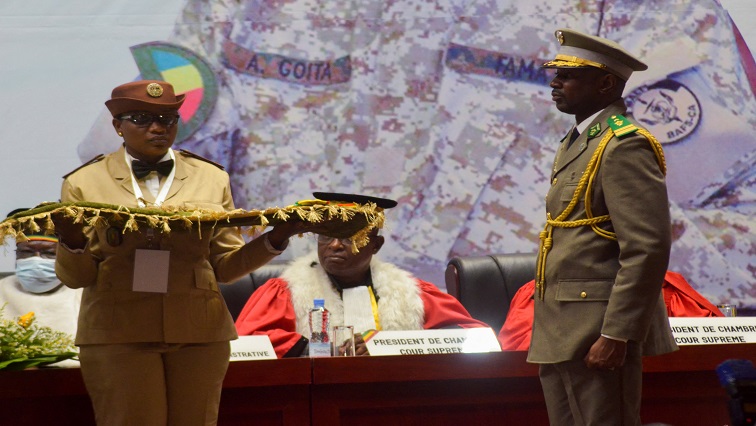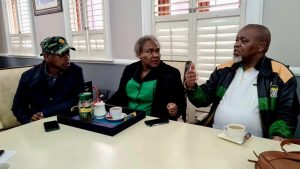Malians will vote on Sunday to approve or reject constitutional amendments that would reinforce presidential powers ahead of a promised transition from military rule back to democracy in the West African nation.
The referendum is the first in a series of scheduled polls that are meant to pave the way to presidential elections in February 2024, which Mali’s military leaders have committed to hold following pressure from regional powers.
The junta delayed the referendum for three months citing logistical problems. Sunday’s vote is seen as an indicator of the junta’s commitment and capacity to organise voting in a country where jihadist militias have overrun swathes of its arid north and centre.
Frustrations over spiralling insecurity spurred two military takeovers in 2020 and 2021, but the junta has been unable to tamp down the insurgency or improve livelihoods in one of the world’s poorest countries.
No clear consensus has emerged ahead of Sunday’s vote.
Political parties have been split and the junta has struggled to build momentum for its “Yes” campaign.
A rally at a 50 000-seat stadium in the southern capital Bamako was sparsely attended last week, prompting the authorities to offer free gas and cash to citizens if they attend a similar event planned for Friday.
Opponents of the amendments are concerned about the new constitution placing more power in the president’s hands ahead of the elections amid uncertainty over whether junta leader Assimi Goita will run. They also question the legality of amendments carried out by a non-democratically elected government.
“Too much power in the hands of the future president will squash all the other institutions,” said Sidi Toure, a spokesperson for the opposition party PARENA, noting that the new constitution excludes bi-nationals from running for president.
“Mali and Malians are profoundly divided,” said Toure, whose party has aligned with a “No” vote.
An armed group that signed a major 2015 peace deal, which has been shaky since the junta took power, pulled out of the rewriting process and is boycotting the vote, describing the text as “not sufficiently inclusive”.
Religious leaders in the Muslim-majority country have meanwhile spoken out against the decision not to remove secularism as a defining feature of the state, saying it is a legacy of Mali’s former colonial ruler France.
But advocates have spoken in favour of aspects of the proposed changes including the creation of a separate court of auditors, the legitimisation of traditional leadership and a clause to include national languages as official alongside French.
VOTER TURNOUT
Ibrahima Sangho, the head of a local election monitoring group, said voter turnout would be a bellweather of public support for the interim authorities and their policies.
“A low participation rate will indicate that they have no legitimacy,” he said.
In Bamako, where recurring electricity and water cuts have worsened in recent months, carpenter Sory Diakite complained that “There are grievances that are not being addressed”.
“These problems will not influence my choice,” he added. “I will vote in favour.”
In the central cities of Gao and Mopti, where jihadist violence is rife, the blackouts and insecurity have prompted calls from some quarters to snub the referendum.
“I am not voting for any of this,” said Fatouma Harber, a blogger based in the city of Timbuktu.
“My frustration is seeing military officials… organise a referendum and change the constitution.”






